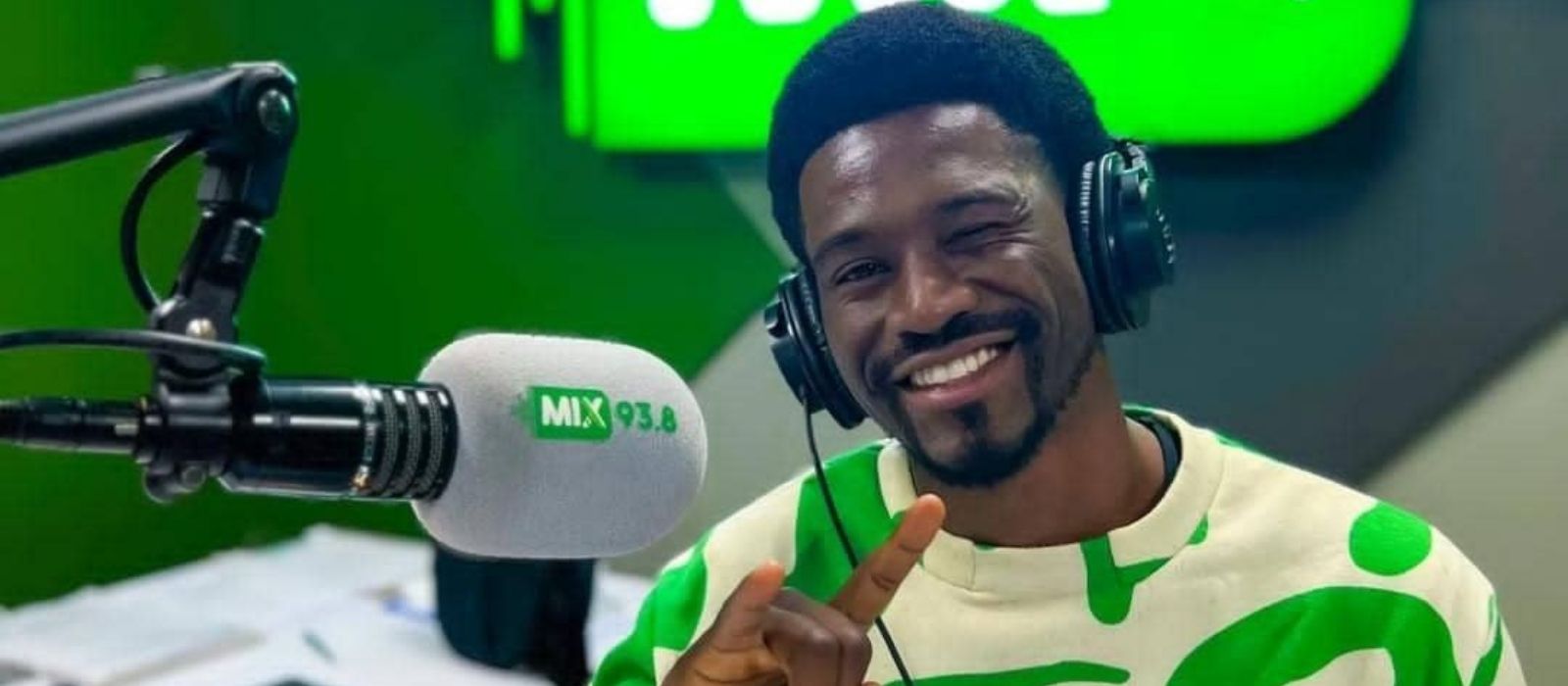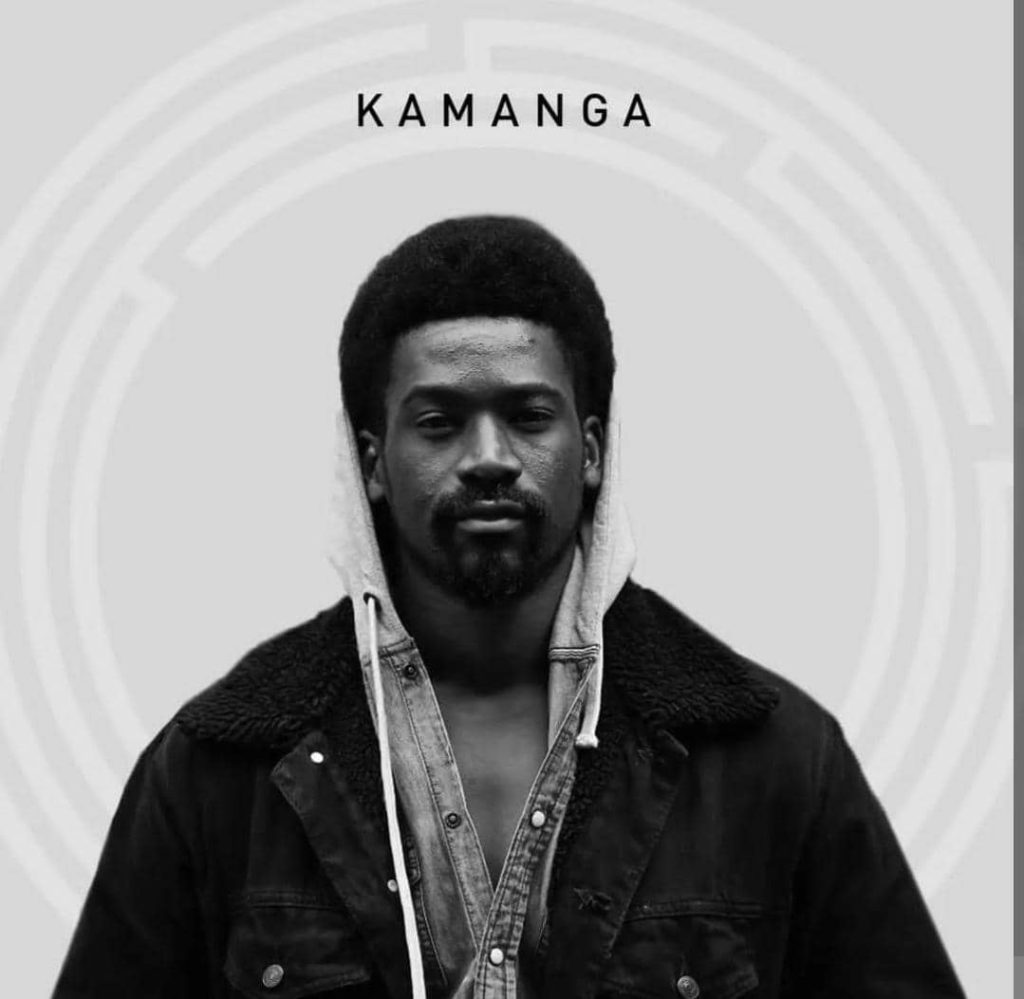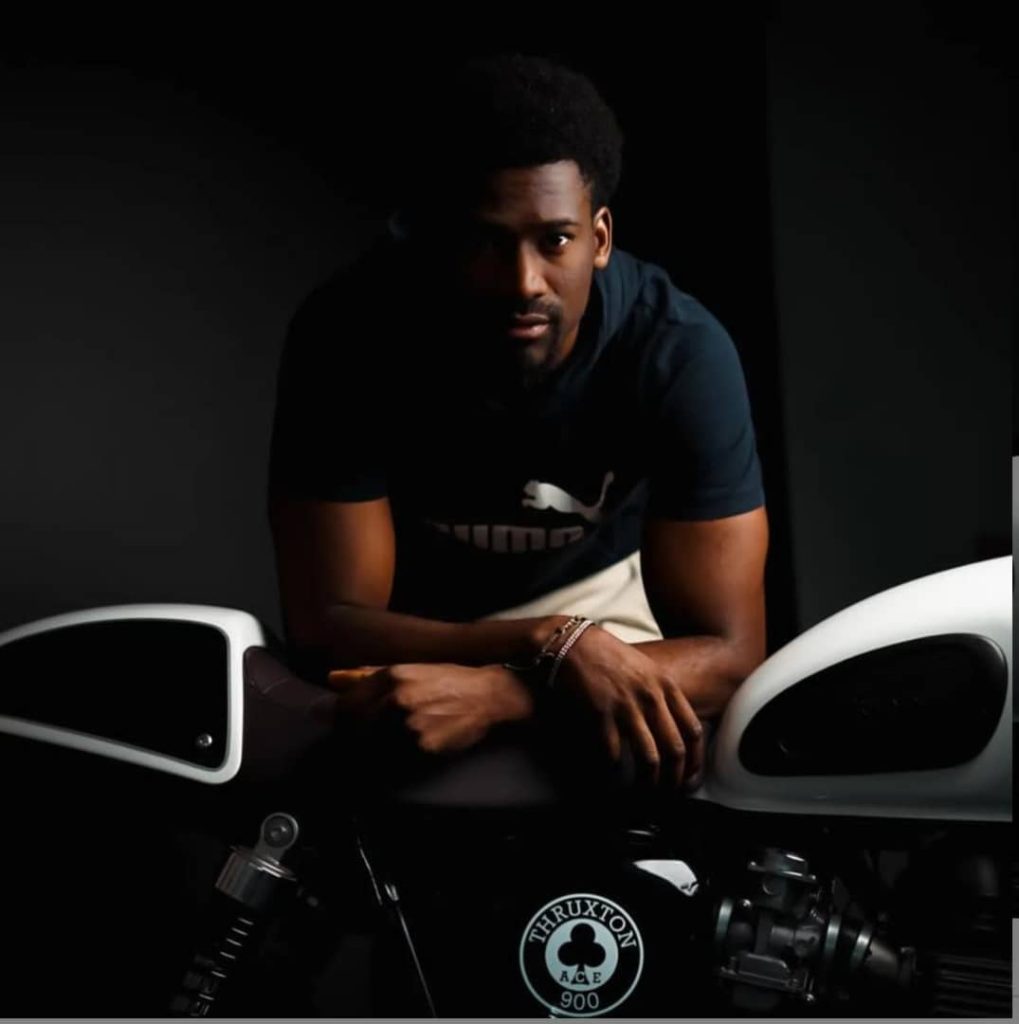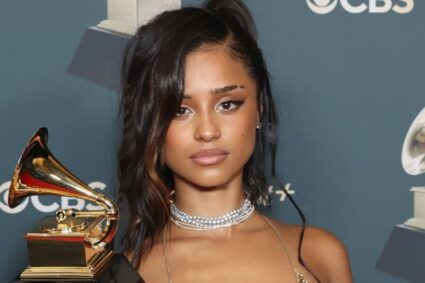
Anthony Sikanadze, also known as “Kamanga,” made a name for himself as a model, particularly during the Mister South Africa contest in 2021. However, he has since successfully transitioned into the world of DJing, where his stage name “Kamanga” has become a sensation in the entertainment industry, both in Africa and beyond.
In an exclusive interview, Anthony shared his journey into the DJing world and how he established himself as a household name. He also discussed the differences between performing in Africa and Europe, offering insights into the entertainment industry from his perspective.
TR: Anthony, from modeling to being an international DJ—what attracted you to venture into the DJing sector?
AS: I’ve always been interested in music from a young age, particularly fascinated by drums, but music as a whole. My family played a lot of different music, which I believe influenced my decision to pursue it. I studied music production in 2019, and it was always something I wanted to take more seriously—it was just a matter of timing, and now seemed right.


TR: What’s the story behind your first steps in becoming a DJ?
AS: It started when I was about 10 years old. I was listening to different CDs and cassettes on our hi-fi system. One day, my dad brought home blank cassettes, and I learned how to record on them. That was the beginning of my music journey. I started recording music onto blank cassettes for myself and friends, and it became a hobby. Over time, I became more aware of organizing music in a specific way, and as I grew older, I explored different genres. Eventually, I decided to study music and learn how to DJ.
TR: What type of music do you mainly focus on in your mixtapes?
AS: I mainly focus on House Music, specifically Afro House and Deep House. Although I listen to a lot of different music, these are the two genres I primarily play.
TR: Have you ever considered becoming a permanent radio or club DJ? If so, which station or club would you like to join?
AS: I definitely have considered it. I think I have the personality for it. If I were to be a radio DJ, it would be for Sondela Records, a record label in the UK that aligns with my current type of music.
TR: Can you share your experience performing in the Netherlands?
AS: I attended the Amsterdam Dance Event, one of the biggest electronic music conferences in the world. It was an amazing experience, meeting like-minded people and making connections from different parts of the world. The entire city was aligned to support the event, and everything was seamless. It’s something I wish for Africa one day.
TR: What are the main differences between performing in Africa and Europe as a DJ?
AS: The main difference is the respect and value for art, which is much higher in Europe than in Africa. In Europe, art is respected and honored as it should be, and there is monetary value in the arts industry. In Africa, art is often seen as not lucrative, which degrades its value. If I had told my parents I wanted to be a DJ when I was young, they would have disowned me! (laughs) I believe it starts with education and government institutions recognizing the value of art. Without proper support, we will continue to create starving artists.
TR: They say DJs can’t dance. How true is that, and can you dance?
AS: Hahaha! They clearly haven’t seen Uncle Waffles!
TR: Which countries or festivals are you planning to headline as a DJ in Africa?
AS: South Africa is at the top of my list, followed by Kenya and Morocco.
TR: What’s your current favorite track to jam to?
AS: “Kamanga – Asili” (Unreleased).
TR: Are you planning any comebacks in the modeling sector?
AS: Well, I never left! (laughs) I’m ready for my next shoot. If the opportunity presents itself, I will grab it with both hands.


